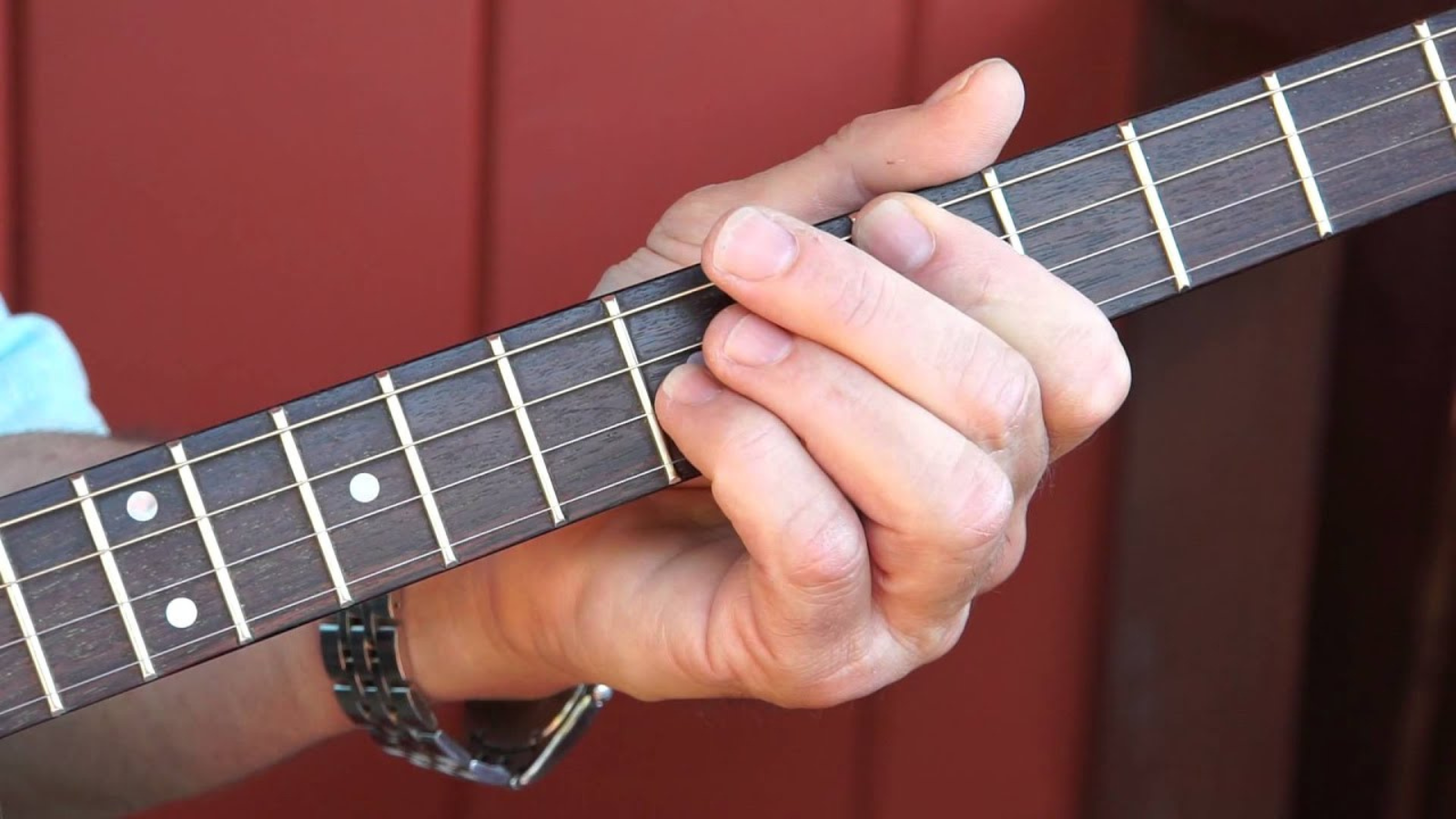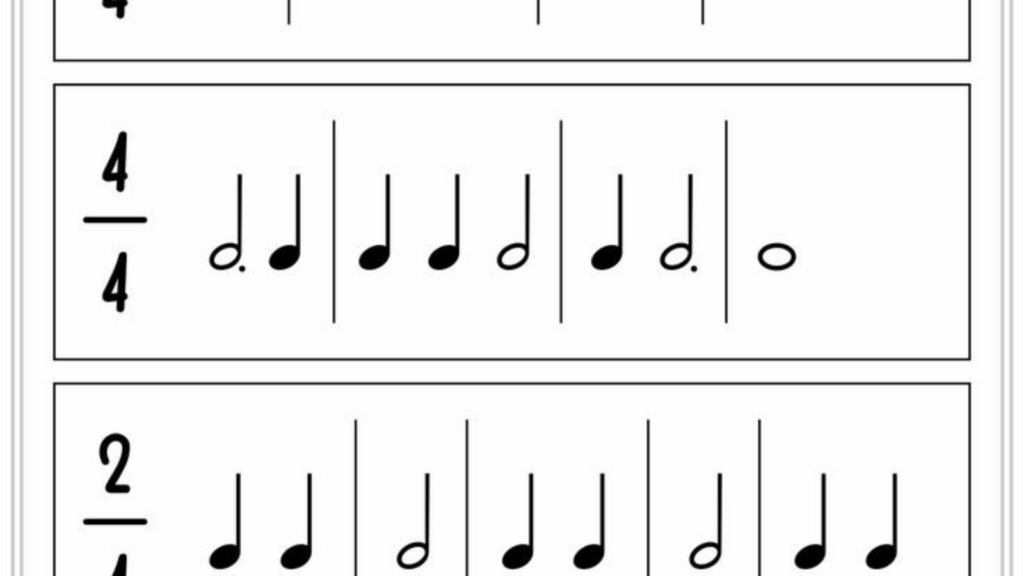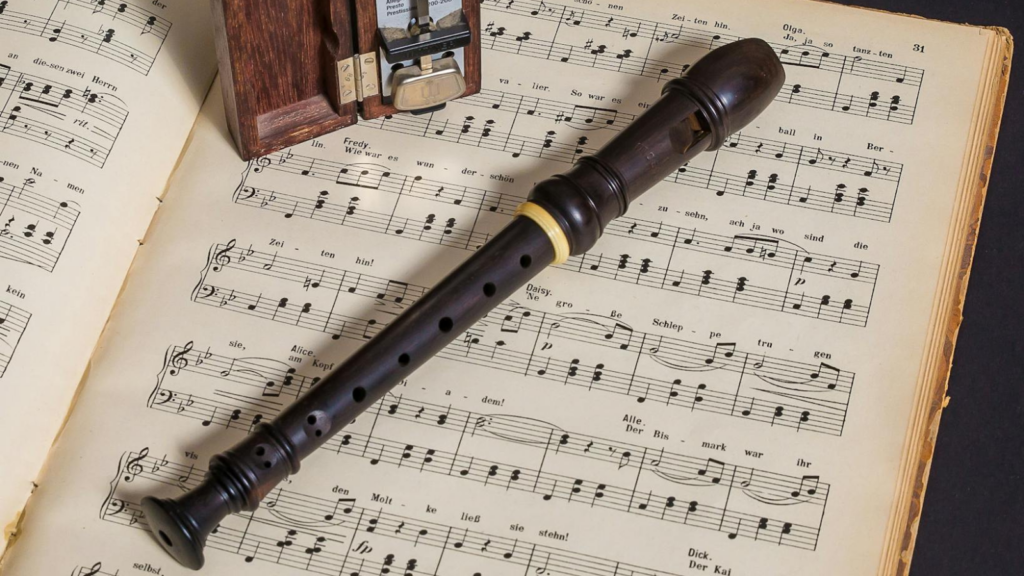Unlocking the language of music can be a challenging yet thrilling endeavor. AP Music Theory serves as an essential key, offering a deep dive into the complex world of melody, harmony, rhythm, and composition. It’s not just about reading notes on a page; it’s about understanding the intricate relationships between them, and how they come together to create a piece of music.
AP Music Theory

Unraveling AP Music Theory involves deciphering three core components: musical structure, musical design, and auditory skills. In musical structure, it’s all about identifying elements such as pitch, rhythm, and harmony. Musical design covers aspects such as form, texture, and genre. Lastly, auditory skills focus on recognizing and understanding these elements by ear. Each component adds a unique dimension to one’s music theory knowledge, painting a complete picture of the multifaceted world of music.
The AP Music Theory Curriculum provides a detailed exploration of several central musical principles. This curriculum investigates, in depth, areas like pitch, rhythm, and harmony— fundamental building blocks of the musical structure. Understanding form, texture, and genre, which form the musical design, enhances a student’s creative prowess. Moreover, the curriculum focuses on auditory skills, which are vital in discerning and understanding musical elements by ear.
How to Prepare for the AP Music Theory Exam
Effective preparations for the AP Music Theory exam encompass targeted learning practices. Develop a strategic study plan, implement continuous practice, and seek additional resources, such as prep books and online courses. Each tactic corresponds with the fundamental components previously outlined, forming a strong foundation for exam readiness.
- Formulate a Strategic Study Plan
Identifying key topics in the AP Music Theory curriculum, for example, pitch, rhythm, and harmony, constitutes the initial stage of formulating a study plan. Ensure every topic fits into the plan, allowing for review and repetition to reinforce understanding. - Engage in Constant Practice
AP Music Theory, unlike less skill-based courses, demands regular practice. It’s through hands-on engagement with concepts such as musical form, texture, and genre that students grasp the material in context. - Utilize Additional Resources
Considering extra study resources enhances preparations. Published AP Music Theory exam prep books offer a wealth of practice questions. Similarly, online courses deliver interactive content, which reinforces auditory skills essential in the AP Music Theory curriculum.
Learning Resources for AP Music Theory
Harnessing the right resources, a student can accelerate their comprehension of AP Music Theory. Key materials include prep books, online courses, and practice exams—each catering to a dynamic learning curve. AP prep books, like Barron’s AP Music Theory, elucidate theory concepts clearly. Online platforms, as Khan Academy, offer structured courses. Rigorous practice of APA’s past papers enhances answering speed and accuracy. Regular engagement with these resources boosts students’ confidence and enriches their understanding of the subject.
Benefits of Scoring High in AP Music Theory

Achieving high scores in AP Music Theory gives students remarkable advantages. Unlocks college credit is one main advantage, enabling students to bypass beginner-level courses and get a head start on their music majors. These accelerated progressions can provide not only monetary savings, but also the ability to engage in advanced coursework earlier.
Enhanced understanding of musical concepts is another considerable benefit students gain. Once they ace this exam, they’ll have a deep grasp of music elements like harmony, rhythm, and melody, leading to improved performance in music-related endeavors. This comprehension can boost their confidence, making them more secure in their musical skills.
Acing this exam also gives students competitive edge in college admissions. Admission officers often appreciate the willingness to tackle challenging subjects, hence a high score in AP Music Theory demonstrates students’ dedication and capacity to succeed in rigorous academic settings.
Must Know
AP Music Theory can’t be underestimated when it comes to understanding musical elements. It’s a crucial stepping stone in a student’s musical journey. The importance of a well-structured study plan and continuous practice can’t be stressed enough for acing this exam. High scores in AP Music Theory don’t just unlock college credit, they open doors to a deeper understanding of music and boost confidence.



